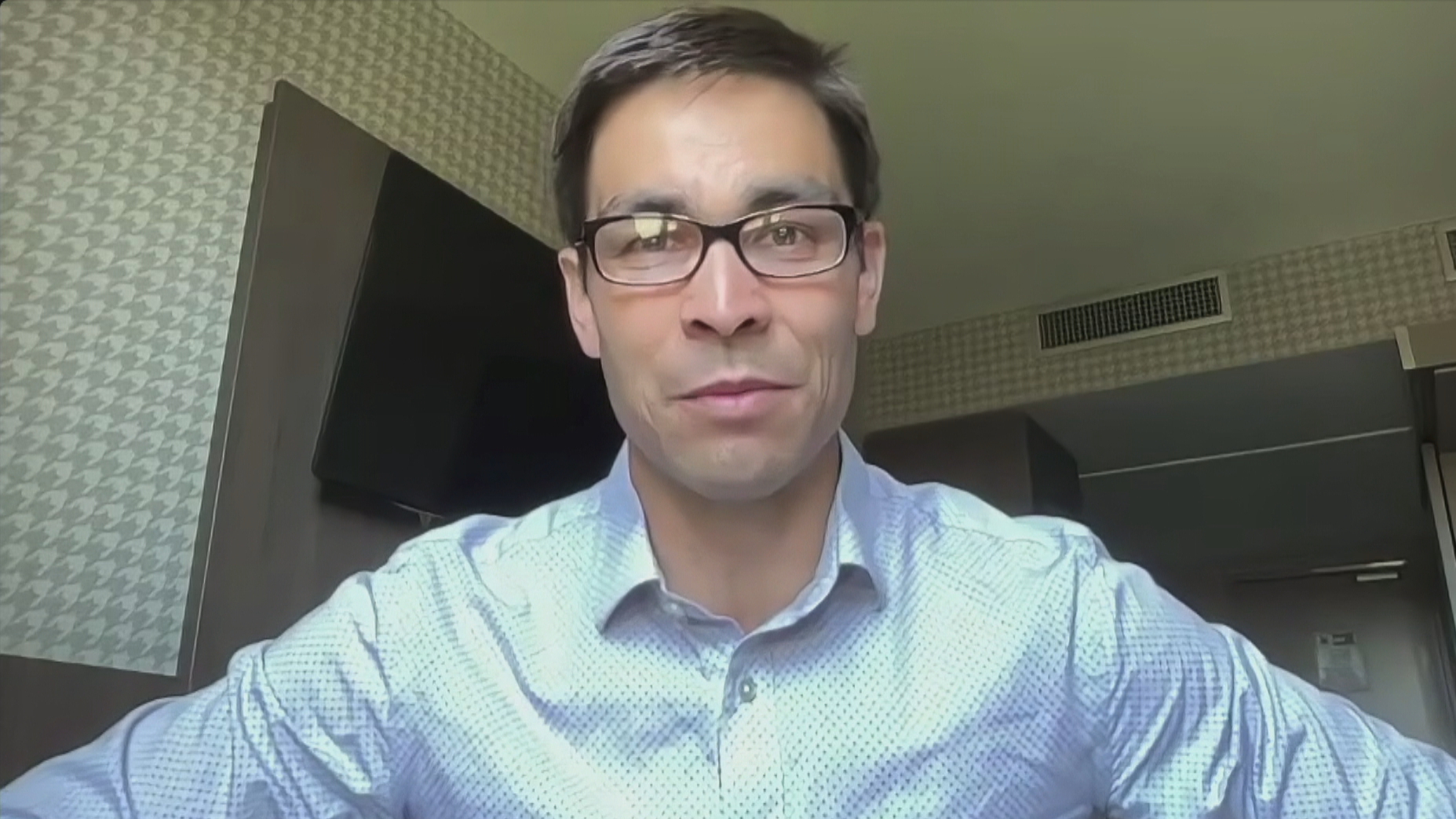Immigrant workers say future in limbo as government ranking system scores soar

Kanika Maheshwari moved to Brampton from India in 2020 to study business management. Her dream, she says, was to open a jewelry business one day.
Since graduating, she has been working with a logistics company as a sales executive. The 29-year-old has built a life in Canada with her husband, who works as a trader — both are saving to open her jewelry store.
But Maheshwari says her dream is now at risk because her Canadian work permit expires in August, and she hasn’t heard back about her permanent residency (PR) application since she applied last year, due to Comprehensive Ranking System (CRS) draws which have been consistently way higher than her score.
One immigration consultant says that is because a record number of people are applying for a PR with higher scores, having collected more points through lengthy and costly application processes that come with no guarantee of success.
Canada accepted a record high of 430,000 PR applications in 2022.
“It feels like I’m going straight and there will be a well where I will fall down,” Maheshwari says.
CRS is a ranking system used by Immigration, Refugees and Citizenship Canada (IRCC) to score immigrants applying for a permanent residency, using factors like age, level of education, English proficiency and work experience. Every two weeks, IRCC draws a CRS rank and applicants with that score or higher are invited to submit documents to receive a PR card.
All the draws since January this year for the general category have averaged over 540, according to IRCC’s website.
“That’s terribly high. It’s impossible to meet, and it’s really rare,” says Manan Gupta, a Brampton immigration consultant.
Most people with a post-graduate work permit (PGWP) — lasting a maximum of three years — don’t meet the current threshold, Gupta says.
That high score comes at a time when Immigration Minister Marc Miller says permits expiring after 2023 will not be extended, as the ministry decided to end the temporary extension program introduced during the pandemic in 2020 to retain students as workers. Miller made the announcement in December.
Gupta says he’s worried that will lead to hundreds of thousands of workers exiting the country.
“If these temporary foreign workers suddenly exit the labour market, we don’t have people to fill in the same job,” he says.
Canada had 286,000 PGWP holders in 2022 — a similar number of those work permits have been issued annually since 2019 — with over half of them intending to work in Ontario, according to IRCC data.
Metro Morning6:15Why the influx of international students applying for permanent residency is making the process more competitive
Manan Gupta is a regulated Immigration Consultant in Brampton.
Few categories prioritized
There have been a slew of changes to immigration policy since Miller’s appointment in July last year. One of them was to maintain the target number of new permanent residents in the country at nearly 500,000 until 2026.
However, there are six priority categories to fill labour shortages: workers in STEM, agriculture, health care, transportation, trade and French speakers.
But Canada’s recruitment of international students was not aligned with its labour shortages, as it welcomed nearly 800,000 students in business programs, compared with 113,000 students in health care and 36,000 students in trades between 2018 and 2023, according to a CBC News analysis of federal data.
“For someone who has given five to six years of their prime youth to Canada, now they are being told you have to go back home and start fresh. Canada is closing doors on them,” Gupta says.
“You don’t know what future lies there. It is choosing between a rock and a hard place.”

‘Band-Aid approach’ needs to stop: consultant
Maheshwari, who lost her mother two years ago, says she provides financial support for her family back home. Her husband is on a spousal permit, which means if she leaves, he also has to return to India.
“Because of the anxiety I can’t sleep the whole night. It’s a huge lot of hell,” she says.
With only three months before her visa expires, learning French or switching professions is not an option, she says.
The couple is working overtime to make ends meet and pay some $30,000 for a lawyer who can advise them through their next possible options.
Gupta says he’s seeing an increasing number of people spending tens of thousands of dollars to bump their score, by hiring immigration consultants or lawyers, to become eligible for different PR streams like Provincial Nomination Program or by completing a Labour Market Impact Assessment.
New data obtained by CBC News show that Canada’s recruitment of international students failed to match the job market. Colleges and universities brought in far more foreign students to business programs than in-demand fields like healthcare or the trades. CBC’s senior reporter at Queen’s Park Mike Crawley has the story.
“If I have to go back; what I have done in four years — made my career, spent a lot of money — will just be a waste, all lost. Not just for me, but for an entire family whom I’m supporting,” Maheshwari says.
While she supports IRCC’s adjustments to immigration programs, she says the country is doing little to retain working immigrants.
Gupta says if the government wants to have skilled workers, it needs to focus on shutting down programs which continue to attract students but do not fill the acute labour shortages.
“The trust is kind of up in the air right now, because every other week there is a new policy being announced. Every other week there is a Band-Aid approach by the government. That approach needs to come to a full stop,” he says.



;Resize=(620))
;Resize=(620))
;Resize=(620))